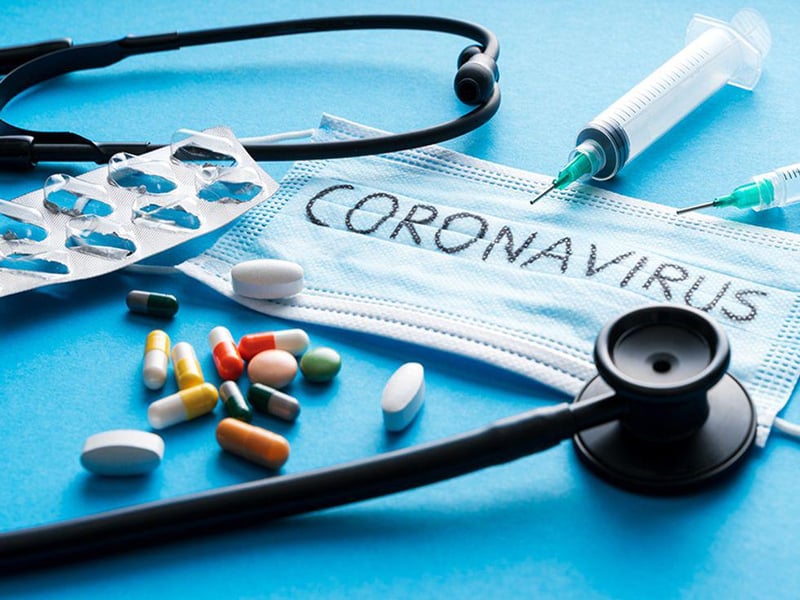Merck Allows Poor Nations to Make COVID-19 Pill

WEDNESDAY, Oct. 27, 2021 (HealthDay News) -- A deal for Merck's COVID-19 pill to be made and sold cheaply in poor nations has been reached with Medicines Patent Pool, a United Nations-backed nonprofit organization.
The royalty-free license means that companies in 105 countries, mostly in Africa and Asia, can sublicense the formulation for the antiviral pill molnupiravir and start making it, the New York Times reported.
Earlier this month, Merck announced that a large clinical trial showed that the drug cut the rate of hospitalizations and deaths among high-risk COVID-19 patients in half. The company has submitted that data to the U.S. Food and Drug Administration seeking emergency-use authorization, with a decision expected in early December.
There were concerns that wealthy nations would grab large amounts of the drug and leave poorer nations with little or no access to it, which has occurred with COVID-19 vaccines.
Advocates for treatment access welcomed Merck's agreement with Medicines Patent Pool.
"The Merck license is a very good and meaningful protection for people living in countries where more than half of the world's population lives," James Love, who directs Knowledge Ecology International, a nonprofit research organization, told the Times. "It will make a difference."
More than 50 companies in the developing world have already approached the Medicines Patent Pool about obtaining a sublicense for the pill, according to the organization's director, Charles Gore.
The deal "is the first transparent public health license for a COVID medicine, and really importantly, it is for something that could be used outside of hospitals, and which is potentially going to be very cheap," Gore told the Times.
"This is hopefully going to make things a lot easier in terms of keeping people out of hospital and stopping people dying in low- and middle-income countries," he said.
More information
Visit the U.S. Centers for Disease Control and Prevention for more on COVID treatments.
SOURCE: New York Times
Related Posts
La FDA solicita más datos sobre el primer antídoto sin agujas para reacciones alérgicas graves
JUEVES, 21 de septiembre de 2023 (HealthDay News) -- En una movida sorprendente,...
Bacterial Infections to Blame for 1 in Every 8 Deaths Worldwide
TUESDAY, Nov. 22, 2022 (HealthDay News) -- Bacterial infections are to blame for...
Social Isolation, Loneliness Increase Risk for New Heart Failure
FRIDAY, Feb. 3, 2023 (HealthDay News) -- Social isolation and loneliness are...
Pirfenidone Promising for RA-Linked Interstitial Lung Disease
TUESDAY, Oct. 4, 2022 (HealthDay News) -- Pirfenidone may slow the rate of...
